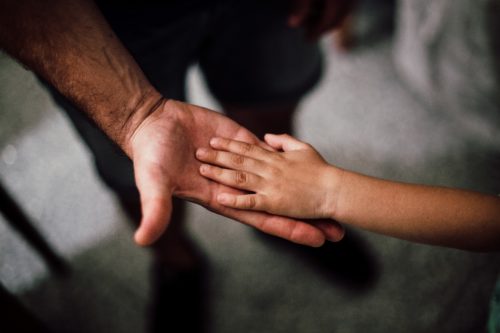
When a couple with children gets divorced, child custody is one of the most important matters they will have to determine. Because of the impact, it can have on a child’s wellbeing, matters of custody are taken very seriously in the state of New Jersey. As a result, it is important to know how custody is determined in New Jersey. Read on for more information.
What are the Different Types of Custody?
It is important to know that there are different types of custody in New Jersey:
- Physical custody: This refers to the parent or guardian who has the child more nights per week. The child’s nights may also be evenly divided, depending on what works best.
- Legal custody: This refers to the parent who makes the important decisions regarding the child. These decisions may include issues such as academics and medical options, among others. It is important to note that both parents have the opportunity for legal custody, even if only one parent has physical custody.
- Sole custody: This occurs when the court deems one parent unfit. This means that the fit parent is fully responsible for the child. The unfit parent may have supervised or unsupervised visitation rights, depending on the situation.
How is Custody Determined in New Jersey?
When determining custody, a New Jersey court will take the following factors into account:
- Each parent’s ability to cooperate
- Each parent’s acceptance of custody
- Any history of domestic violence or substance abuse
- The bond between the child and each parent
- The specific needs of the child
- The age and health of the child
- Each parent’s ability to act as a guardian
- Each parent’s ability to provide a stable home life for the child
- Each parent’s financial situation
- The child’s opinion if they are of an appropriate age
Can Custody be Modified?
Custody can be modified if you can prove to a court that this modification is necessary. Some grounds for modification include:
- The child’s best interests. If a child is unhappy or their living situation no longer works for them.
- The child is in danger. If there is suspicion a co-parent may put the child in danger or there is abuse/neglect.
- Relocation. If a parent needs to move and wants to bring their child with them.
- A parent cannot meet the needs of their child. If a parent’s life circumstances make it hard to support their child the way they need.
- One parent is not cooperating. If parents have joint custody but one does not follow the agreement.
- One parent passes away. If a parent dies and the other parent does not want a new spouse to raise their child, they can seek full custody.
If you have any questions or concerns regarding your custody arrangement in New Jersey, contact our firm today. We are here to walk you through your family law matters, each step of the way.
Contact our Firm
If you require experienced legal representation for a matter of Family Law, Supplemental Security Income, Medical Malpractice, Social Security Disability, or Legal Malpractice, Siragusa Law Firm is here to help. Contact our firm today to schedule a consultation so we can discuss your case.